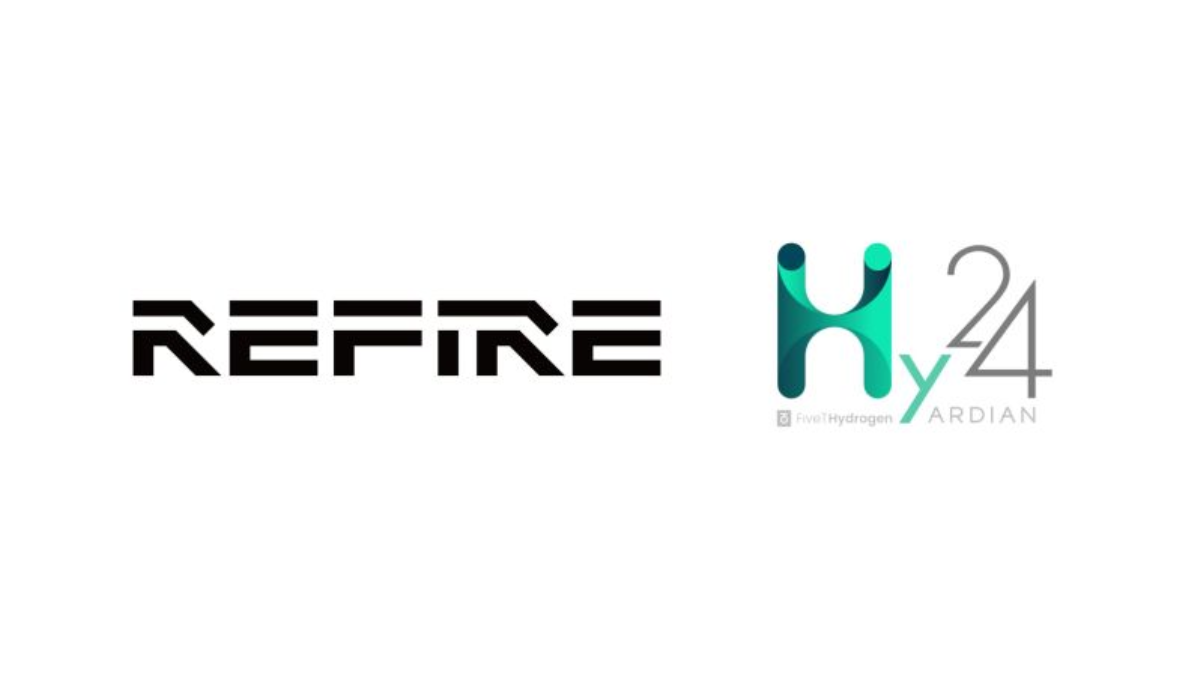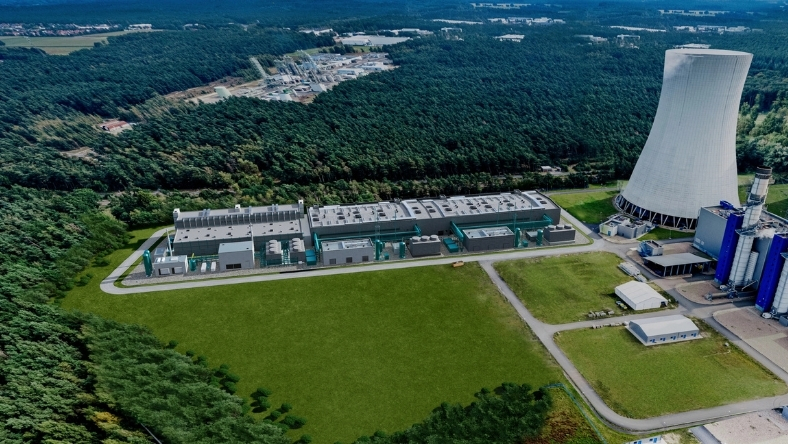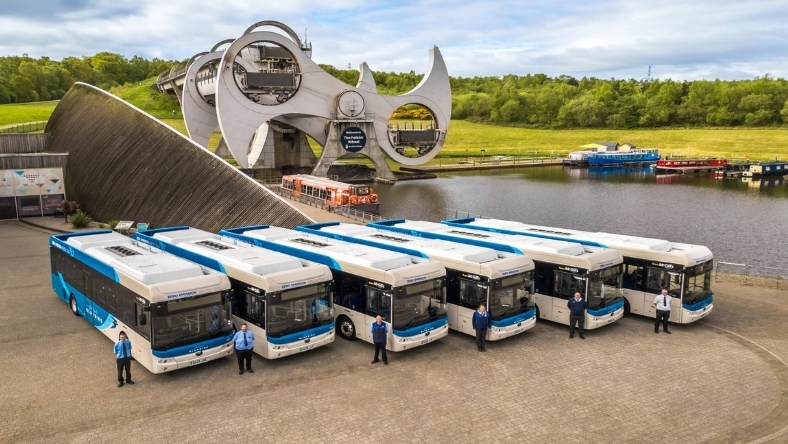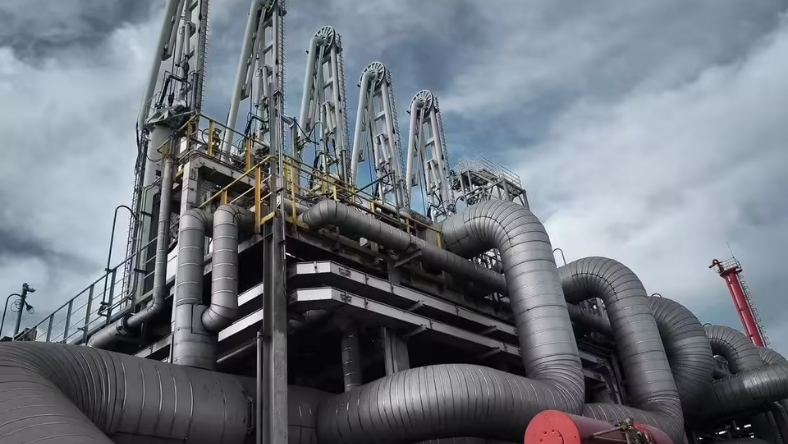PARTNERSHIPS
Hydrogen Alliances Put Europe on the Move
New partnerships and mergers signal hydrogen’s shift from pilot projects to real transport potential across Europe
14 Oct 2025

Europe’s drive toward hydrogen-powered transport is gaining force as new corporate alliances and technology deals begin to reshape the sector. A wave of recent agreements signals a shift from isolated pilot projects toward coordinated, cross-border deployment, even as many initiatives remain in their early stages.
In July, Hy24 and Refire signed a memorandum of understanding to advance hydrogen-fueled mobility across the continent. Hy24, one of Europe’s largest hydrogen infrastructure investors, and Refire, a fuel cell systems developer, plan to demonstrate zero-emission trucks and commercial fleets at larger scale. The collaboration reflects growing investor confidence in hydrogen’s long-term role in transport, though widespread commercial adoption is still years away.
Thyssenkrupp Nucera also moved to strengthen its technology base with the acquisition of electrolyzer assets from Denmark’s Green Hydrogen Systems. The deal enhances Nucera’s expertise in pressurized alkaline electrolysis, a key process for producing green hydrogen at industrial scale, and could help consolidate Europe’s electrolyzer market. Analysts said the move may improve cost efficiency and accelerate production capacity for industrial applications.
The Netherlands, meanwhile, is emerging as a focal point for hydrogen innovation. A planned merger between Battolyser Systems and VDL Hydrogen Systems aims to combine flexible power-to-hydrogen technology with mass manufacturing capabilities. Once operational, the partnership could serve both industrial and heavy transport customers across Europe.
Adding further momentum, the newly established Global Hydrogen Mobility Alliance, or GHMA, brings together automakers, energy firms, and infrastructure providers to coordinate hydrogen transport initiatives. Observers view the alliance as evidence that global cooperation is increasingly vital to address infrastructure gaps and harmonize fueling standards.
Challenges persist. High production costs, limited refueling networks, and evolving regulations continue to slow deployment. Yet analysts note that sustained investment and policy support from the European Union are creating a more stable foundation for growth.
If these collaborations advance as intended, Europe could soon move beyond demonstration projects toward an integrated hydrogen mobility network, a step that may define the continent’s clean transport transition in the years ahead.
Latest News
28 Jan 2026
Why One Electrolyzer Matters for Europe’s Energy Shift22 Jan 2026
Batteries Surge as Europe’s Bus Market Tips Electric21 Jan 2026
A Clearer Map for Europe’s Hydrogen-Fueled Future20 Jan 2026
UK Hydrogen Land Grab Begins as Hygen Buys HyBont
Related News

INNOVATION
28 Jan 2026
Why One Electrolyzer Matters for Europe’s Energy Shift

MARKET TRENDS
22 Jan 2026
Batteries Surge as Europe’s Bus Market Tips Electric

TECHNOLOGY
21 Jan 2026
A Clearer Map for Europe’s Hydrogen-Fueled Future
SUBSCRIBE FOR UPDATES
By submitting, you agree to receive email communications from the event organizers, including upcoming promotions and discounted tickets, news, and access to related events.